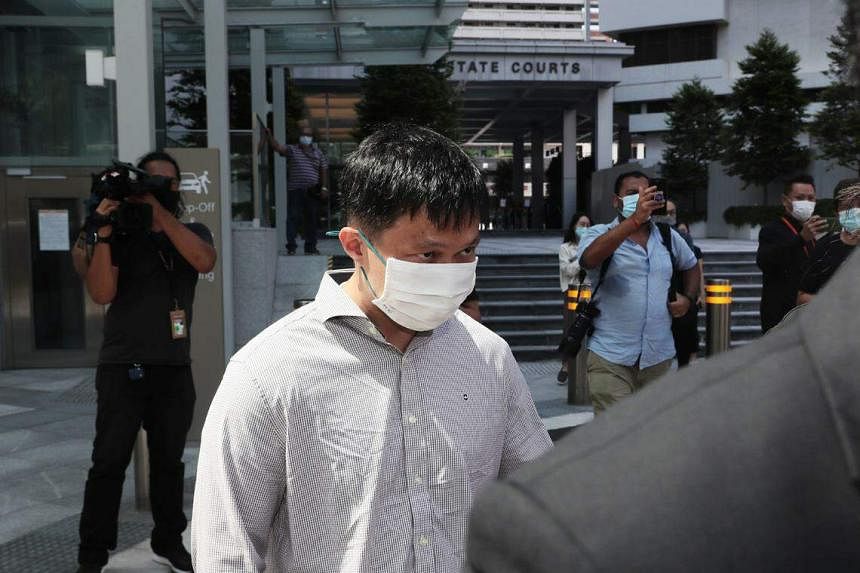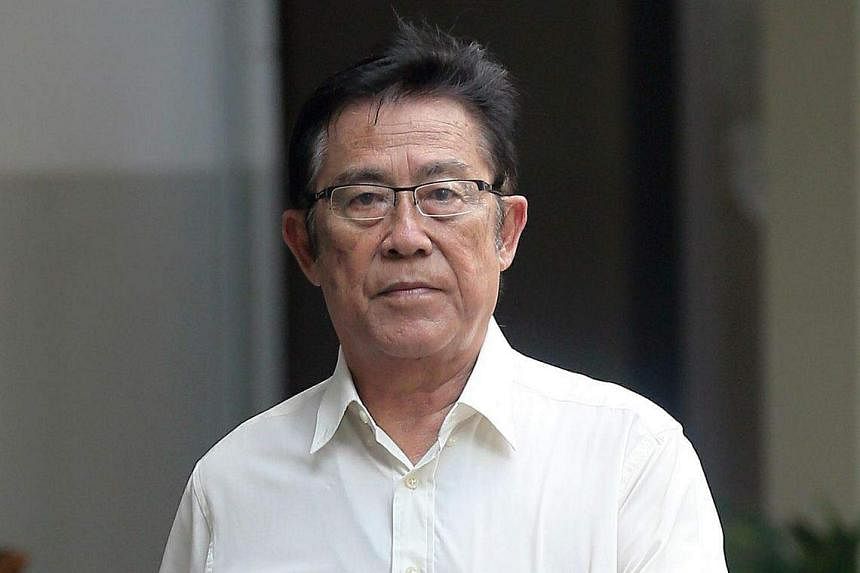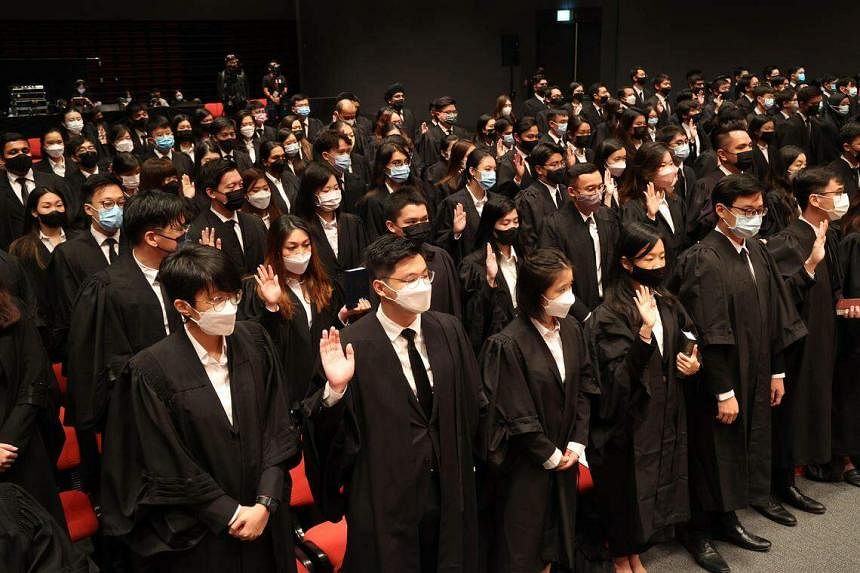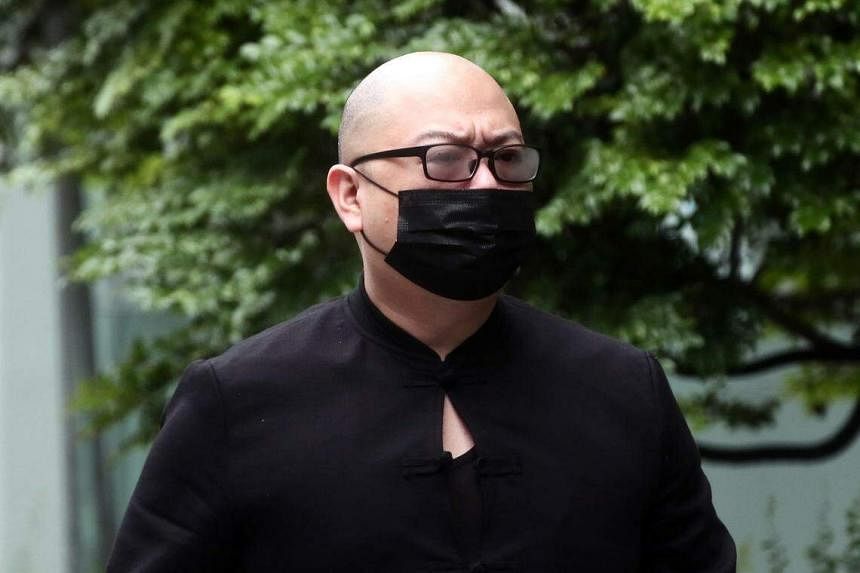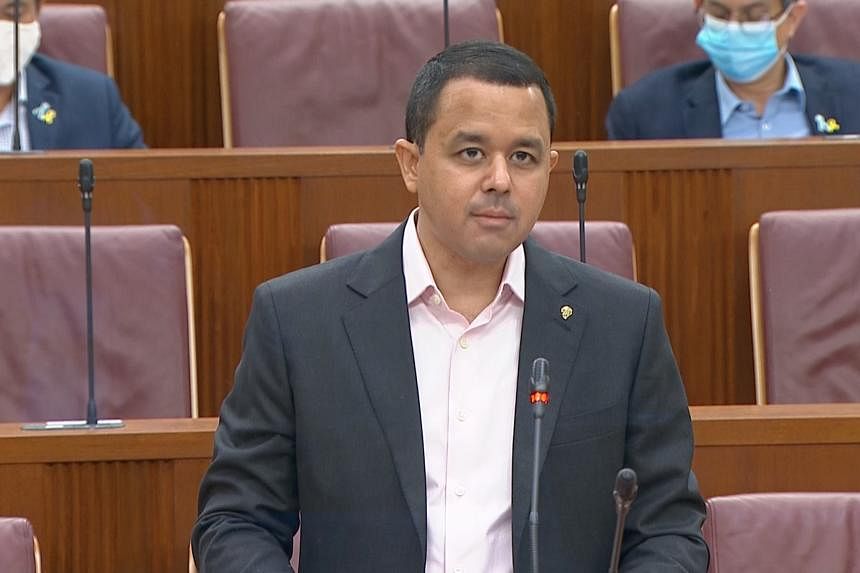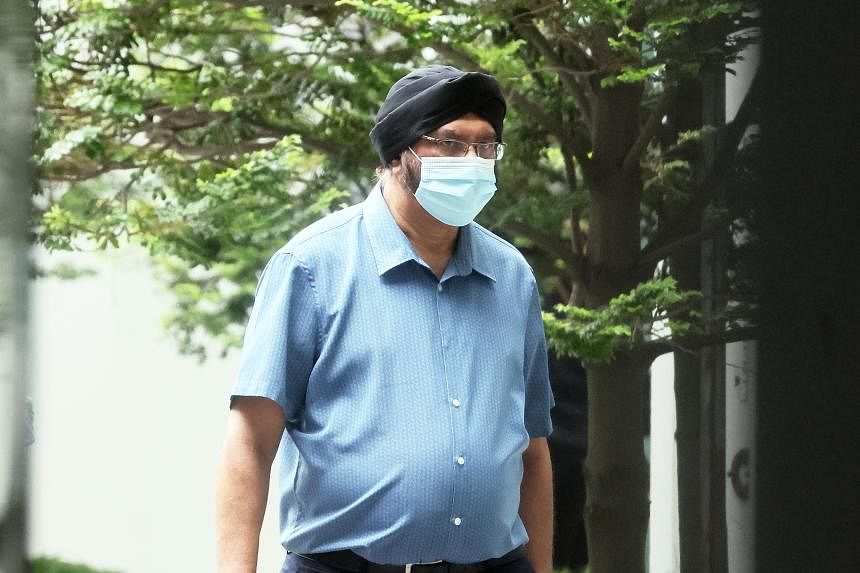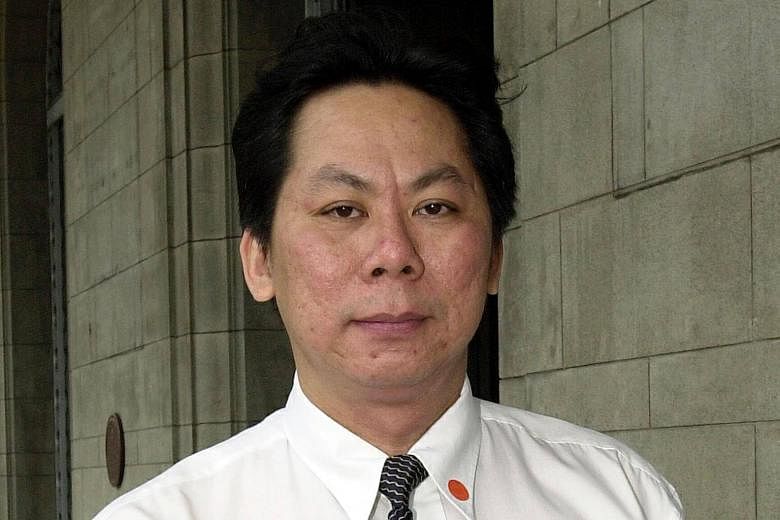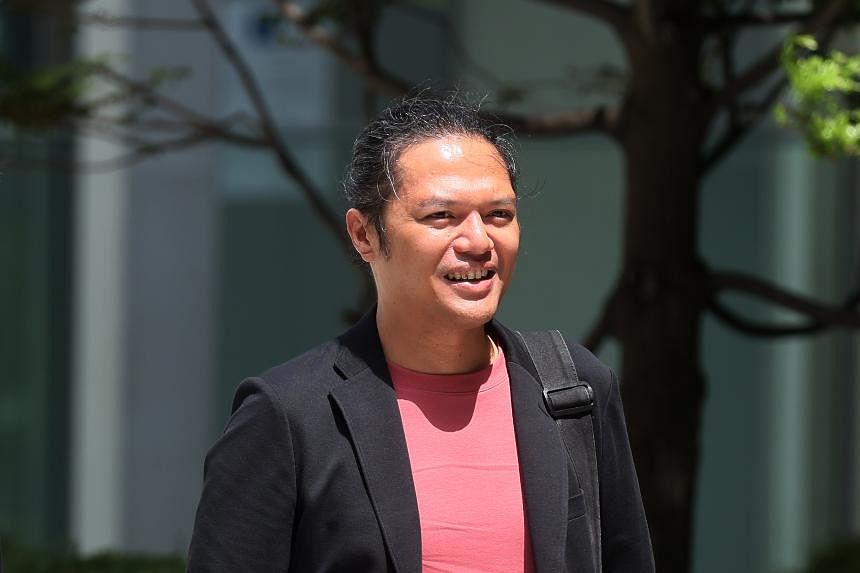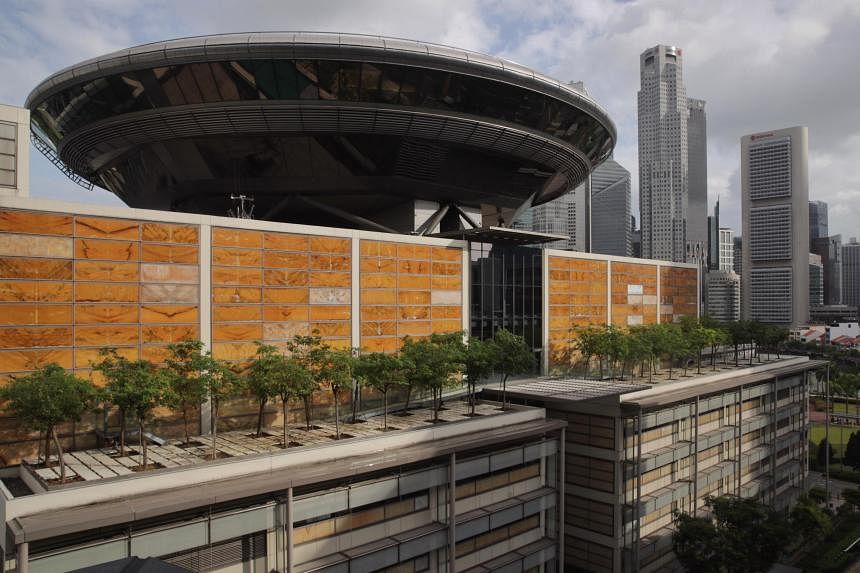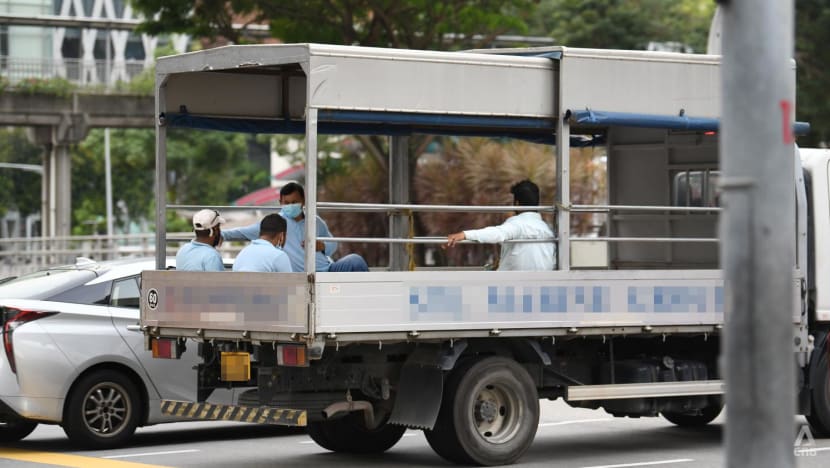Two lawyers called to the Bar after owning up to wrongdoings had learnt from mistakes: CJ Menon
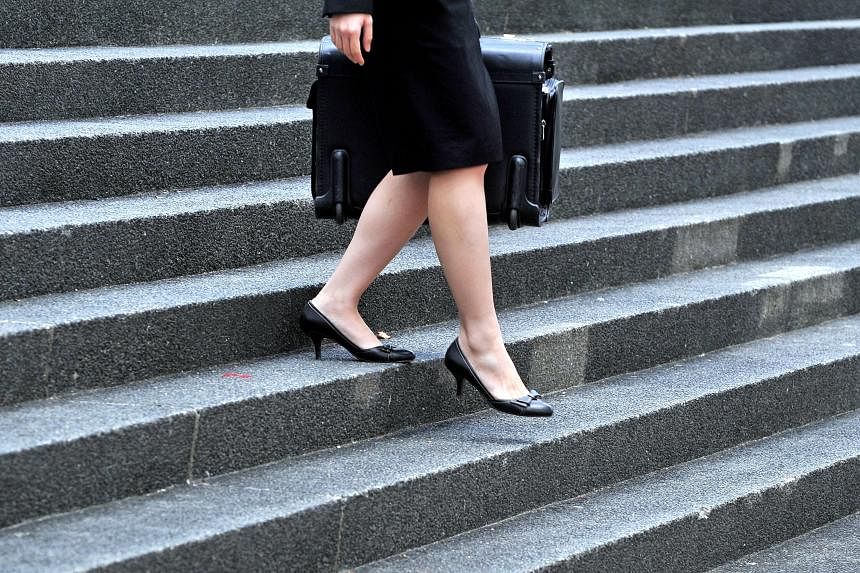
Chief Justice Sundaresh Menon allowed their applications to be called to the Bar after all stakeholders involved said they had no objections to their admission. PHOTO ILLUSTRATION: ST FILE

Selina Lum
Senior Law Correspondent
MAR 9, 2023
SINGAPORE - Two law graduates from Singapore Management University (SMU), whose admissions to the Bar were deferred after they voluntarily owned up to their past wrongdoings, were called as lawyers on Thursday.
Ms Tay Jie Qi disclosed that she had plagiarised several paragraphs for a paper during her second year at SMU, even though this was not reflected in her academic transcript.
Ms Shauna Low came clean about two separate brushes with law enforcement: She was caught shoplifting, and was also arrested and tested for drugs after Xanax pills were found in her sister’s bag.
Ms Tay’s application to be called to the Bar was originally set to be heard in August 2022, and Ms Low’s in November 2022.
They agreed to adjourn their applications for three months after the Attorney-General’s Chambers (AGC) objected to their admissions.
On Thursday, Chief Justice Sundaresh Menon allowed their applications to be called to the Bar after all stakeholders involved said they had no objections to their admission.
He said: “Everyone makes mistakes. The real question is whether one demonstrates the capacity to learn from one’s mistake.”
He said the two demonstrated remorse and capacity for change, and were transparent in disclosing matters that were not in the public domain.
CJ Menon added that their willingness to face up to their mistakes was “heartening” and concluded that no further deferment was needed.
The two applications are unrelated to the series of cases where 11 aspiring lawyers cheated in Part B of the Bar examinations in 2020.
Ms Tay plagiarised several paragraphs from a paper by another student in the previous year when she submitted her research paper for a module on constitutional and administrative law.
When confronted, she apologised and was given an official letter of reprimand. She also had five marks deducted from the paper.
The incident was recorded internally and not reflected on her academic transcript.
She disclosed the plagiarism incident on her own initiative in her Bar admission application.
The AGC and the Law Society, two of the stakeholders involved in the admission of lawyers, sought additional information from her, and she filed an affidavit detailing the incident.
CJ Menon said her case was dissimilar from those who cheated in the 2020 Bar exam – the plagiarism was isolated and took place a significant amount of time before she applied for admission.
He said Ms Tay was resolute about coming clean and facing up to the consequences, and had sufficiently shown that she has learnt from her mistake.
As for Ms Low, she disclosed that she was caught in 2016 when she tried to steal an eyeshadow palette from a store. The police eventually gave her a stern warning and her police record was sealed.
Some time between 2017 and 2018, she went for a night out at a club, where a staff member found illicit substances in the bag of one of those in her group.
Ms Low tested negative for drugs. She later found out that Xanax pills, which had been prescribed to another person, were found in her sister’s bag.
CJ Menon said the second incident was not pertinent as it did not show a character defect but was an unfortunate incident.
The shoplifting incident reflects dishonesty, but he said Ms Low has shown that she has reflected on, and remedied, what took place six years ago, and has maintained a clean record since.
He added that she was willing to openly confront her mistake, and showed candour and accountability.


